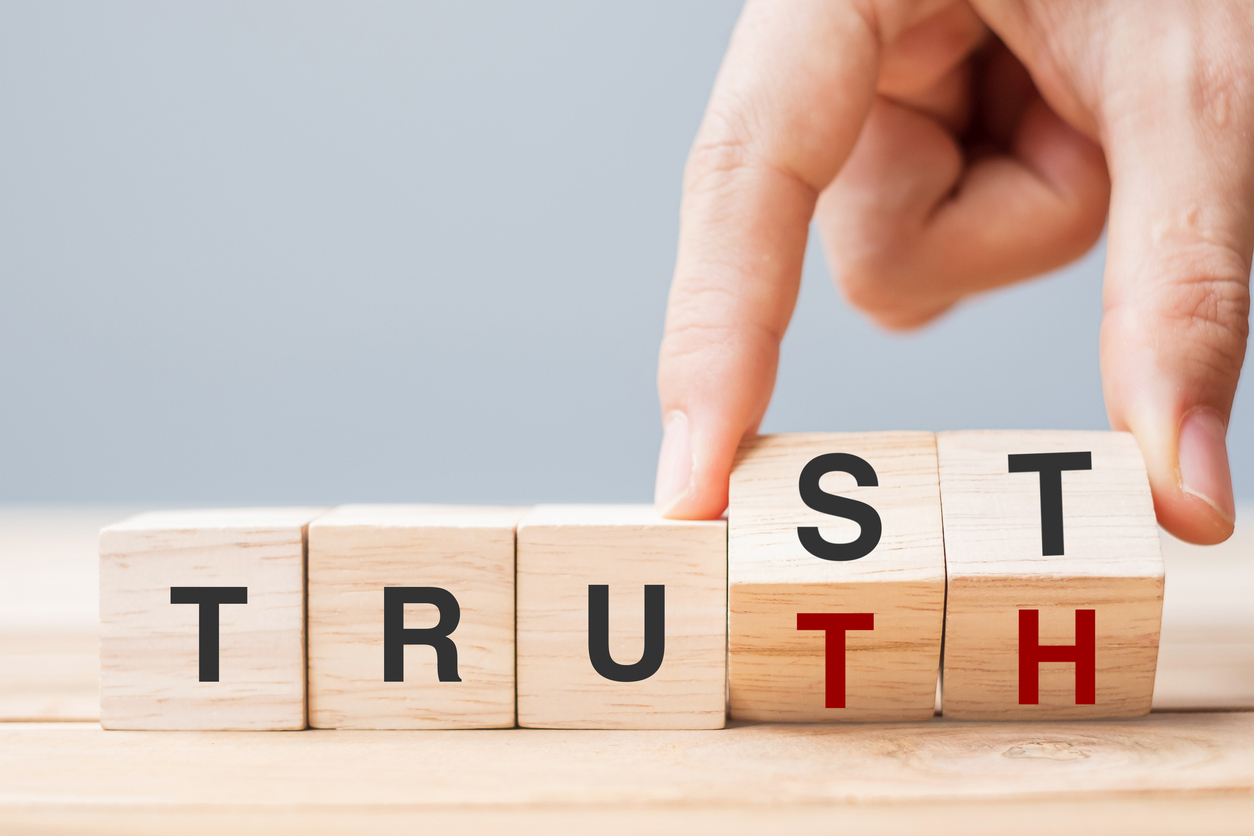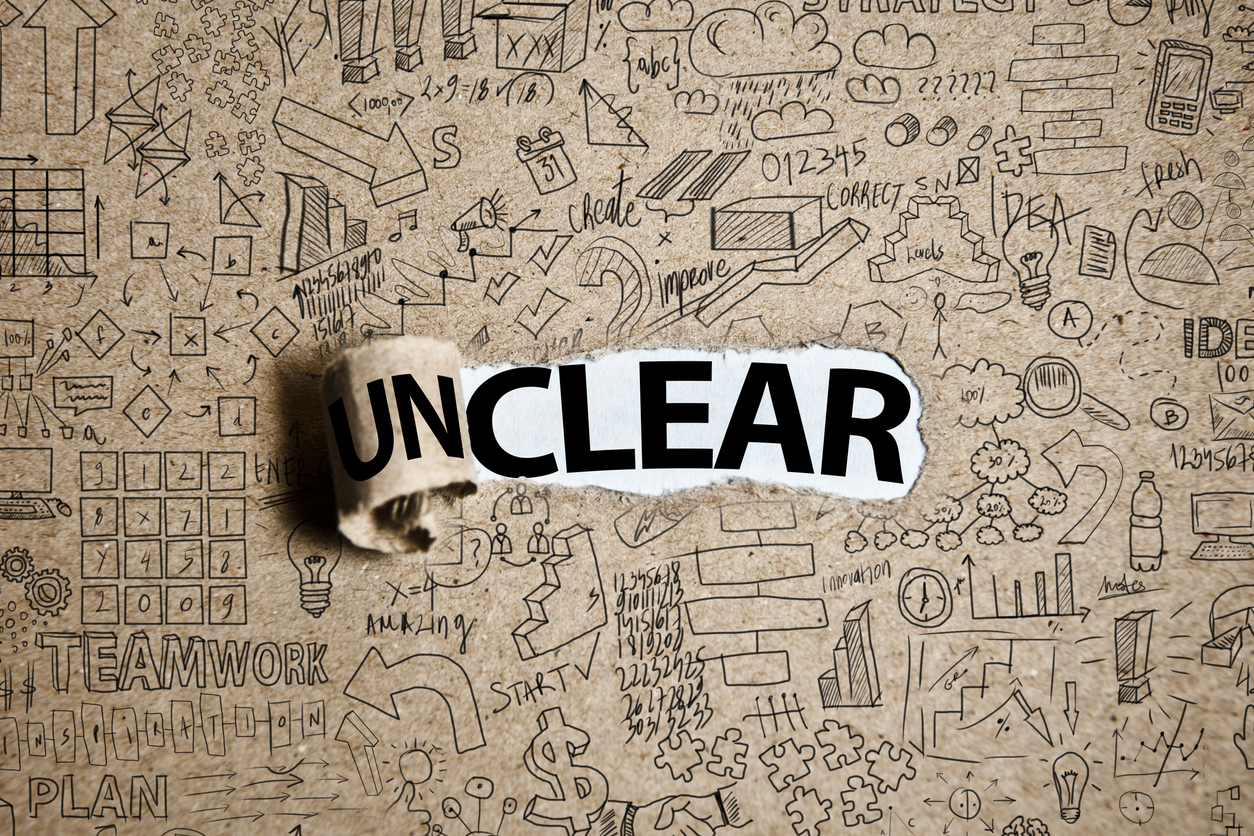(Note: This Guest Blog is by Robert Reynolds, an attorney with Merlin Law Group in the Coral Gables, Florida, office. This is the seventh of a thirteen part series he is writing on examination under oath).
Two weeks ago the issue of a policyholder refusing to answer questions was discussed in this blog. Hand-in-hand with that topic is: What if an insured renders an inaccurate answer during an examination under oath? This analysis should begin with the policy language. Every insurance policy I have ever read includes a fraud, misrepresentation, and concealment provision. Fraud is the willful intent to deceive. Misrepresentation is the willful act of presenting knowingly incorrect information. Concealment is the willful act of hiding facts or circumstances. The one common thread to this unholy trinity is that all three acts must be willful. That is, the policyholder must be participating in these acts intentionally. To be clear, over time just about everyone’s memory tends to fade. Hurricane Wilma occurred just over 4 years ago, and I’m quite sure a policyholder misremembering some of the facts of a claim that happened over 4 years ago will not lead to denial.
Therefore, in order for the policyholder to place his/her claim in jeopardy, the incorrect answer must have been asserted intentionally. But do all willfully made incorrect answers place the insured’s claim at risk? For example, suppose an insured was a bit touchy about their age and misrepresented it when asked at the examination. Does this misstatement alone lead to a potential denial? I would tend to doubt that. For unless the policy at issue is a life insurance policy, for example, or for some other reason the policyholder’s age is germane to either the underwriting of the policy or the claim directly, it would not seem just for the insurer to be able to deny a claim over the misrepresentation of a fact or circumstance that had nothing to do with the actual loss or evaluation thereof. Hence, as was previously discussed in this blog, it would appear that an incorrect answer given at an examination must be material to the loss and/or the carrier’s investigation and evaluation of the claim in order to place said claim in danger of denial.
Thus, willfulness and materiality appear to be the hallmarks necessary for an incorrect answer given by a policyholder an examination under oath to lead to the carrier to potentially conjure the specter of denial. In fact, a case from the Supreme Court of the United States of America concurs with this analysis. In Claflin v. Commonwealth Ins. Co,, 110 U.S. 81, 94-95 (1884) the High Court held:
The object of the provisions in the policies of insurance, requiring the assured to submit himself to an examination under oath, to be reduced to writing, was to enable the company to possess itself of all knowledge, and all information as to other sources and means of knowledge, in regard to the facts, material to their rights, to enable them to decide upon their obligations, and to protect them against false claims. And every interrogatory that was relevant and pertinent in such an examination was material, in the sense that a true answer to it was of the substance of the obligation of the assured. A false answer as to any matter of fact material to the inquiry, knowingly and willfully made, with intent to deceive the insurer, would be fraudulent.
So there you have it: “A false answer as to any matter of fact material to the inquiry, knowingly and willfully made, with intent to deceive the insurer, would be fraudulent.” Of course, materiality may be viewed as a nebulous term which may be looked upon by a judge or jury as all-encompassing. As such, as in almost all circumstances, but especially when answering questions under oath, honesty is the best policy. Tune in next week insurance fans when we discuss how to prepare for an examination or sworn statement under oath if you are a policyholder or public adjuster.



